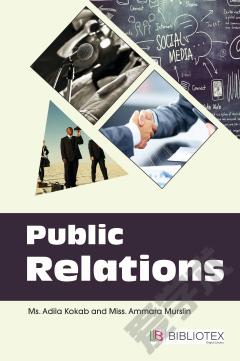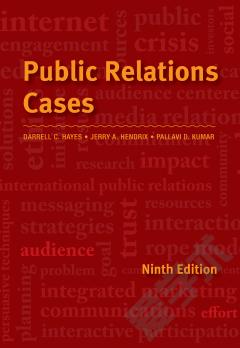Public Relations and the Police
Policemen receive small pay and few commendations for their invaluable contributions to our social order; they travel their beats day and night, regardless of weather conditions; their hours of employment are shifted from month to month, thus hampering comfortable enjoyment of family life; and they are exposed to more hazards to life and health than are persons engaged in most other public services. Less than two hundred thousand peace officers hold an estimated six million criminals in check, and reduce to an appreciable extent unlawful attacks upon law-abiding citizens; they preserve the peace in industrial disputes, race riots and disasters; they regulate the flow of traffic, eliminate the accident-prone driver and keep down the death and injury rate on the streets and highways; they are compelled to enforce unpopular laws; and they play a more important part than is generally known in preventing problem children from becoming habitual offenders.In spite of their magnificent efforts, a large percentage of the people they serve so faithfully and efficiently often appear ungrateful, hypercritical and, not infrequently, seem to place obstacles in the path of their police officers which prevent them from discharging their obligations in the most satisfactory manner.In fact, many people refuse to cooperate with the police either as informers, complainants, witnesses or jurors. Newspapers frequently ridicule their best efforts, preachers denounce them and the movies, radio and television occasionally portray them as dishonest incompetents. Therefore, it is pertinent to inquire: Why are policemen held in such low esteem? What have policemen done or left undone which has produced such unfavorable public attitudes? And, finally, what can policemen do to win the support and respect of the citizens they serve?
{{comment.content}}








 京公网安备 11010802027623号
京公网安备 11010802027623号